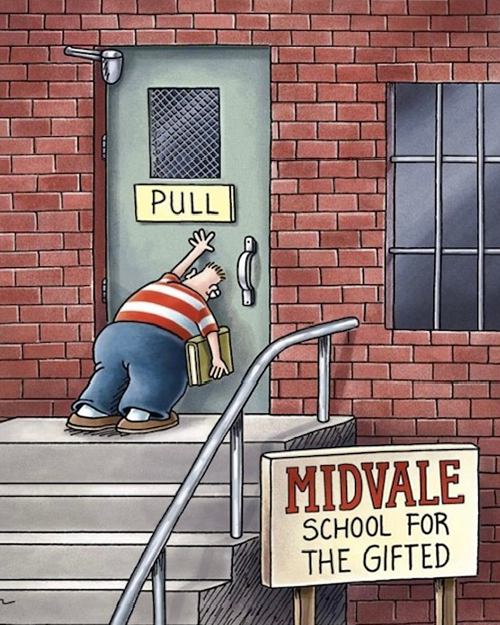We make decisions every day. The question is how we make good decisions based upon our limited experiences, biases, social styles, and relationships? (There are probably more but I ran out of ink).
“Few decisions are simple. In fact, simple decisions are better called choices. All decisions cut us off, separate us, from nearly infinite options as we select just one single path. And every decision we make earns us the favor of some and the disfavor of others.”
Dan B. Allender, Ph.D, “Leading with a Limp: Turning your Struggles into Strengths”

After doing what I do for 25+ years, I’ve found it important to develop short cuts that allow me to form theories about a station in an abbreviated time frame. No one ever says, “Frosty, tell me your recommendations, and take as much time as you need.”
I’ve learned It often comes down to quickly determining a station’s default setting. What are their habits and tendencies? When left alone what direction does the station drift? What mistakes have we made or avoided previously?
As an example I’ve learned…
For a commercial station, the default can be cluttered and noisy. Heavy personalities, lots of spots, and promotionally active. For those stations the process is often streamlining and making the station more of an effortless listen. (Free tip: it’s amazing how shortening content, promotions, information elements by just 10% can make a station easier to listen to).
For a non-commercial station, the default can be a narrower dynamic range. Instead of a more compelling broader spectrum from “laughter to tears,” the emotional spectrum compresses to being “nice Christian people talking to nice Christian people about nice Christian things.” That’s nice, for sure, but rarely one that creates radio that is transformative.
You’ve likely already realized that what I’ve shared is a simplification of a more complicated process. But, darn it, that requires thinking. And perhaps a clever cartoon.
On next week’s show I’ll dig into dealing with that tension.
